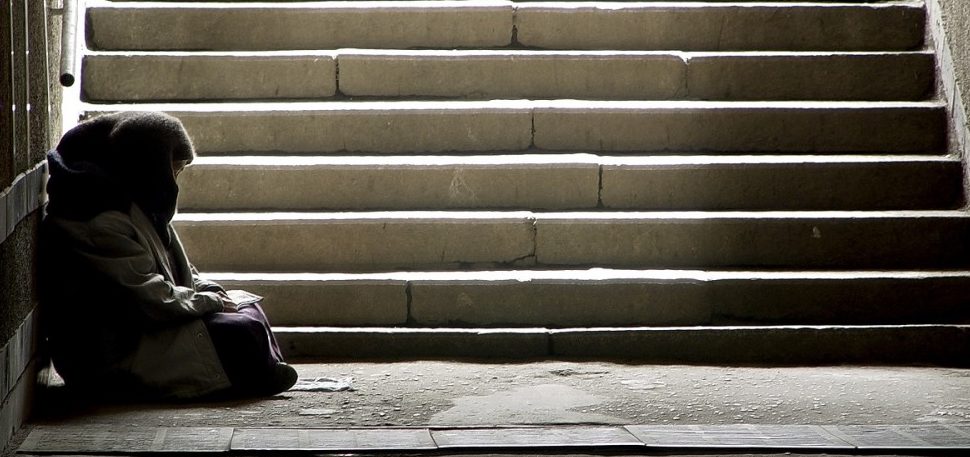In today’s economy, families are struggling to make ends meet. The high cost of housing is a major contributing factor to financial stress. According to the National Low Income Housing Coalition, a family needs to earn an annual income of at least $58,000 to afford a modest two-bedroom rental home. For many families, this is simply out of reach.
The good news is that affordable housing can help alleviate some of the financial stress caused by high housing costs. When families are able to find affordable homes, they are able to use their limited resources in other ways, such as on food and clothing or saving for the future. Additionally, stable housing provides children with a safe and secure place to live and grow, which can lead to better educational outcomes.

There is no one-size-fits-all solution to the problem of affordability, but affordable housing is an important piece of the puzzle. By helping families find stability, affordable housing can play a key role in lifting families out of poverty.
Increasing opportunities for low-income households through accessible housing
In recent decades, there has been a growing awareness of the relationship between housing and poverty. A lack of affordable and accessible housing is a significant barrier to social and economic mobility for low-income households. When families are forced to spend a disproportionate amount of their income on housing, they have less money available for other basic needs like food, child care, and transportation. This can create a vicious cycle of poverty that is difficult to escape.
There is a growing body of evidence that shows that increasing access to affordable housing can help lift families out of poverty. A recent study by the National Housing Conference found that for every $1 spent on affordable housing, there is a return of $4 in economic activity. That same study found that every dollar invested in affordable housing generates $2.60 in savings on things like healthcare and public assistance programs.
It is clear that investing in affordable housing is not only morally right, but it also makes good economic sense. When families are given the opportunity to live in safe and stable homes, they are better able to work, go to school, and lead healthy and productive lives. This not only benefits those families, but it also strengthens our communities as a whole.
Community renewal: transforming communities through investment in affordable housing
There is no one-size-fits-all answer to addressing poverty, but affordable housing is an important piece of the puzzle. When families have stable, affordable homes, they are better able to access quality education and healthcare, find and keep good jobs, and build strong social networks. These factors can help break the cycle of poverty and create opportunity for future generations.
A recent study by the National Housing Conference estimated that every $1 invested in affordable housing generates $3 in economic benefits for the community. This is because families who are able to afford their housing costs have more money to spend on other basic needs like food and clothing. They also have more stability to pursue education and job opportunities.

Investing in affordable housing is not only good for families, it’s good for communities as a whole. When families are lifting themselves out of poverty, they are also contributing to the overall economic health of their community. A strong economy benefits everyone, from businesses to local government.
If you want to see your community transformed, invest in affordable housing. It’s good for families and good for the economy.
Empowerment and dignity through home ownership
It is widely accepted that access to affordable housing is a critical component of breaking the cycle of poverty. A number of studies have shown that affordable housing can help improve health outcomes, increase employment and earnings, and improve educational attainment. However, there has been relatively little research on the impact of affordable housing on family dynamics and child well-being.
A new study from the National Bureau of Economic Research seeks to fill this gap by looking at the impact of a large-scale affordable housing program in Chicago on children’s cognitive development and academic achievement. The study found that children who lived in units newly constructed or renovated as part of the program had significantly better test scores and were more likely to graduate from high school than those who did not live in the units.
The study also found that families who benefited from the program were more likely to experience increases in income and decreases in poverty over time. These findings suggest that affordable housing can play an important role in lifting families out of poverty and promoting upward mobility.
